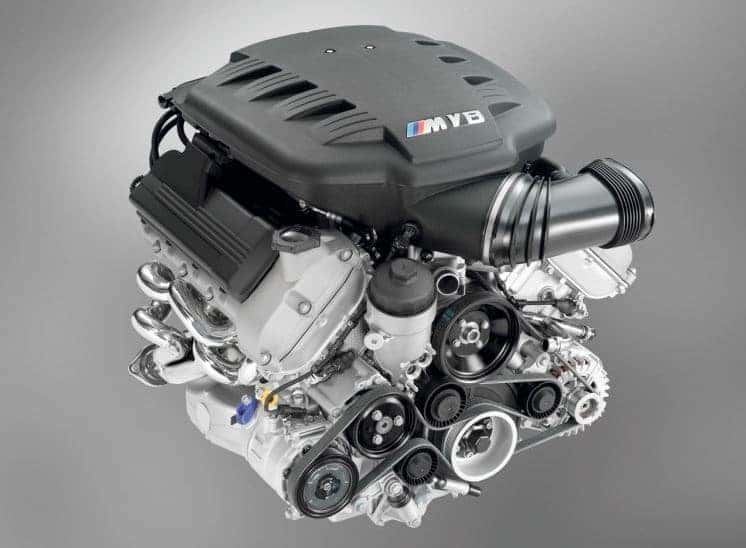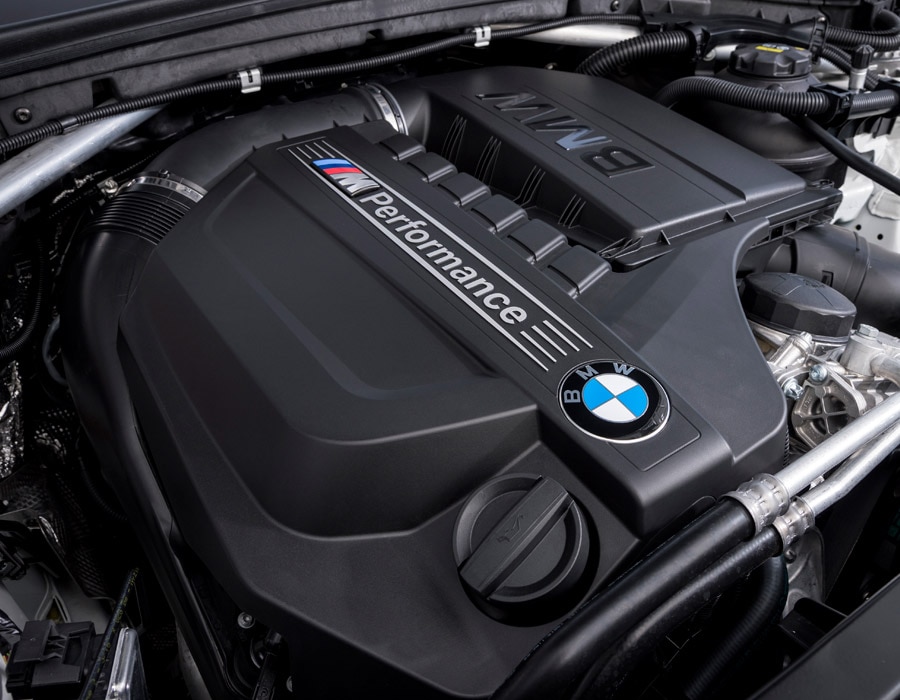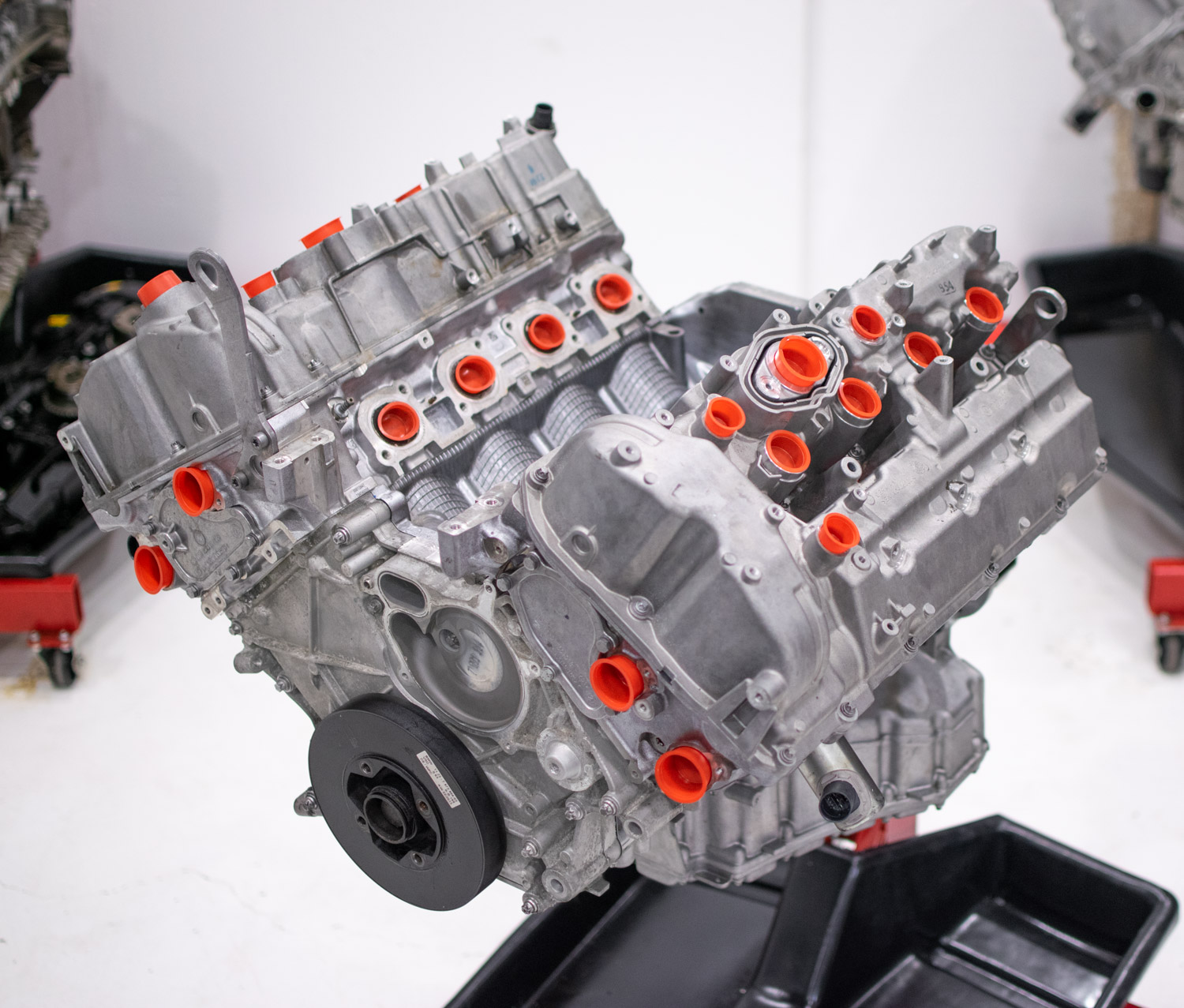A New user's Guide to Picking the Right BMW Engine for Your Requirements
A New user's Guide to Picking the Right BMW Engine for Your Requirements
Blog Article
Introducing the Intricacies of Next-Generation Power Units: a Deep Study Advanced Engine Technologies and layouts
As we stand on the precipice of a new period in transportation, the intricacies of next-generation engine styles bid us to check out the cutting-edge innovations and innovations that guarantee to redefine the driving experience. Delving deeper right into the realms of discharge control, intelligent engine administration systems, and the perspective of power unit advancement, we find ourselves on the cusp of an improvement that assures to reshape the landscape of wheelchair as we know it.
Development of Engine Products

The change in the direction of advanced engine materials has likewise allowed designers to develop engines with higher power outcomes while keeping gas performance criteria. For example, making use of lightweight materials decreases the general weight of the engine, causing enhanced gas economic climate and reduced discharges. Additionally, advancements in materials technology have allowed for much better thermal administration within engines, leading to enhanced reliability and longevity.
Turbocharging and Supercharging Technologies
Exactly How do Turbocharging and Supercharging Technologies transform engine performance and performance in contemporary automobiles? Turbocharging and supercharging are modern technologies that considerably enhance engine performance by raising the amount of air consumption into the burning chamber. Turbocharging attains this by utilizing a generator driven by exhaust gases to pressurize the intake air, while turbo charging utilizes a belt- or chain-driven compressor to achieve the very same impact.
These technologies allow smaller sized, extra fuel-efficient engines to create power equivalent to larger ones, referred to as downsizing. Forcibly more air right into the cylinders, supercharging and turbocharging enhance combustion effectiveness, causing enhanced horse power and torque outcome without a substantial boost in engine size. This brings about much better acceleration, hauling capacity, and total driving efficiency.
Furthermore, turbo charging and turbocharging add to improved gas performance by allowing the usage of smaller sized engines that consume less gas under regular driving conditions - bmw engine. This combination of improved efficiency and performance has made turbocharging and supercharging indispensable components of lots of modern-day engine designs
Emission Control and Environmental Effect
With raising global concerns relating to air top quality and ecological sustainability, the implementation of emission control technologies in lorries plays a critical role in reducing unsafe pollutants released into the atmosphere. Modern automobiles are furnished with innovative exhaust control systems that aid decrease the ecological influence of auto procedures. Catalytic converters, as an example, are made to transform poisonous gases such as carbon monoxide gas, nitrogen oxides, and hydrocarbons right into much less unsafe materials like co2 and water vapor.
Moreover, improvements in engine innovation, such as the integration of exhaust gas recirculation systems and selective catalytic reduction, have actually dramatically added to decreasing discharges. These modern technologies work in tandem to maximize combustion efficiency and minimize the launch of harmful toxins into the air. Furthermore, the development of crossbreed and electrical automobiles stands for an important step towards lowering the general environmental impact of the transport sector.
Intelligent Engine Administration Solution

Additionally, these systems enable automobiles to fulfill strict exhausts requirements without compromising efficiency, offering an extra ecologically pleasant driving experience. The integration of expert system and artificial intelligence capacities in engine management systems remains to press the limits of what is feasible, leading to additional renovations in effectiveness, integrity, and overall car efficiency. bmw engine. As auto technology developments, smart engine management systems will certainly play a crucial function in forming the future of transport towards a much more efficient and sustainable direction
Future Trends in Power System Growth
As smart engine monitoring systems lead the means for boosted control and optimization in modern-day cars, future fads in power device advancement are poised to redefine the landscape of automobile propulsion innovations. These alternate power sources provide improved performance and performance while aligning with strict environmental laws.
An additional significant pattern is the combination of sophisticated materials and making strategies. Lightweight materials such as carbon fiber and aluminum dig this are being utilized to lower general car weight, boosting gas performance and performance. Additionally, innovations in 3D printing and additive production are allowing the production of intricate engine elements with greater accuracy and sturdiness.
Additionally, artificial knowledge and device understanding are playing a vital function in maximizing power system performance. These modern technologies enable real-time tracking and adaptive control, causing much more trustworthy and reliable power shipment. Generally, future patterns in power device growth are tailored in the direction of performance, sustainability, and performance, driving the automobile sector towards a new age of propulsion modern technologies.

Conclusion
In final thought, the innovations in engine materials, turbocharging, emission control, and intelligent monitoring systems have actually led the way for next-generation power systems. The complex layouts and innovations in modern engines showcase the continuous development of vehicle modern technology.
Exploring the progressive advancements in engine materials has been critical in improving the performance and effectiveness of contemporary engines. Over the years, the development of engine materials has played a vital function in pushing the boundaries of what engines can achieve.The shift towards advanced engine products has actually additionally made it possible for designers to create engines with greater power like it outcomes while preserving gas effectiveness requirements.The application of intelligent engine management systems in modern vehicles has transformed the way engines are managed and maximized for performance and efficiency. By collecting information in real-time and assessing it with innovative algorithms, intelligent engine management systems can adapt to driving designs, ecological aspects, and engine health and wellness to make best use of power result while lessening fuel intake and exhausts.
Report this page